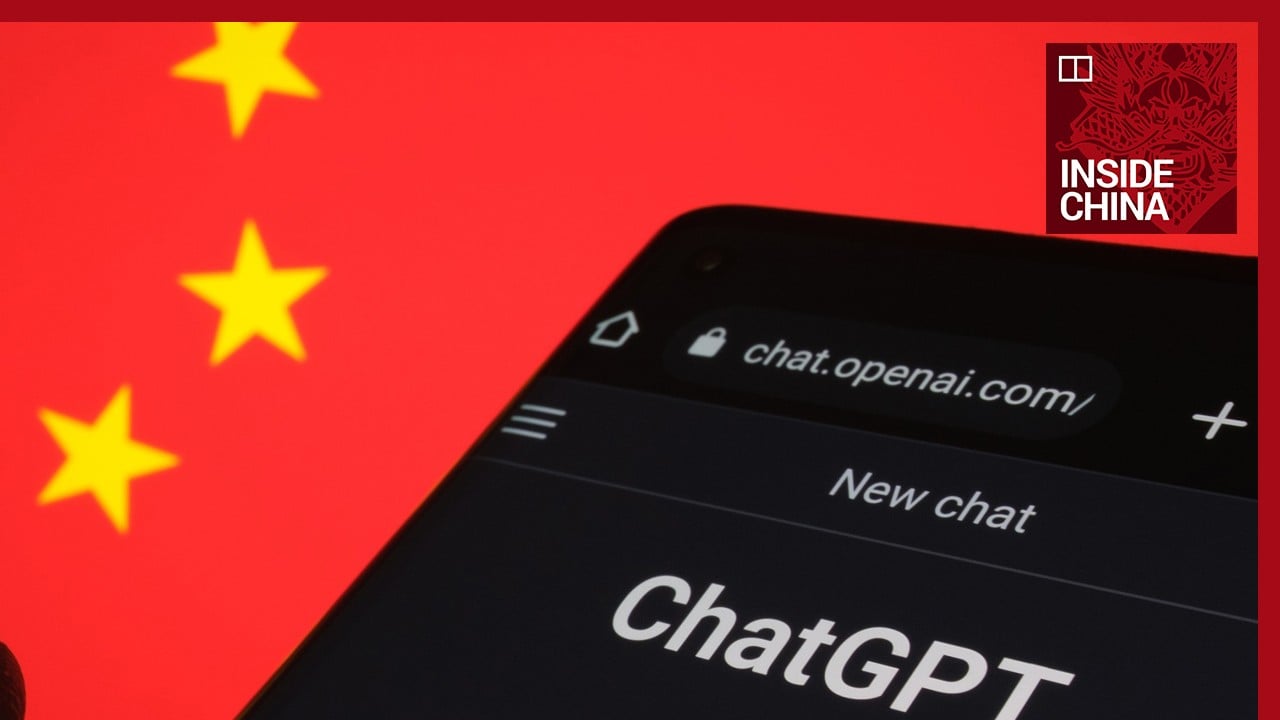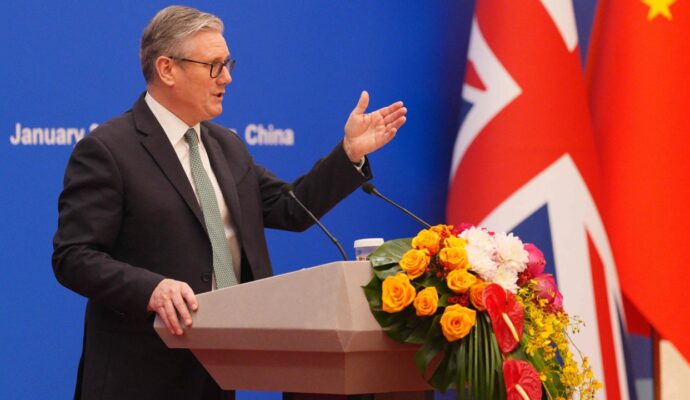Among the major internet platforms that have been fined or had management summoned by the cyberspace authority are Microsoft’s search engine Bing.com, China’s top search engine Baidu, the Chinese Twitter-like microblogging platform Sina Weibo, live-streaming platform Douyu, and Douban, which is known as a haven for relatively liberal online discussions.
The cyberspace administration said these service providers failed to supervise information posted by their users, resulting in the online spread of “harmful information”, such as pornography, superstitions, prostitution, gambling and illegal lending.
It said some functions on these platforms had been restricted because local cyberspace regulators had asked them to immediately rectify their actions.
In the latest round of “Operation Qinglang”, an annual campaign running since 2016 to “clean up” the country’s internet, the administration banned a dozen personal media platforms that had used names similar to state media platforms or major news portals to draw users.
It said in the second quarter of this year, it would mobilise provincial and prefecture-level cyberspace administration enforcement teams to carry out on-site supervision and inspections.
Other priorities for this year’s campaign include targeting misinformation from social media accounts managed by independent content creators. Those producing information in professional fields such as public health, law and justice and education will be labelled and subjected to strict review.
In addition, the administration kicked off a two-month campaign on March 12 targeting social media accounts, including a crackdown on information that “damages the image of the Communist Party and the government”.
The internet regulator also said it would tackle cyberbullying, with strict controls on information posted on websites or in platforms’ comment sections.
Last year, the administration removed more than 54.3 million items of what it deemed illegal or harmful online information, more than 2,890 apps and mini-programs and shut down more than 7,300 websites.


